The three Baltic states of Estonia, Latvia and Lithuania completed their transition from the Russian power grid to the European Union (EU) system on February 9.
According to Reuters on February 10, the move took place in the context of tightened regional security following recent suspicions surrounding sabotage of several underground cables and pipelines.
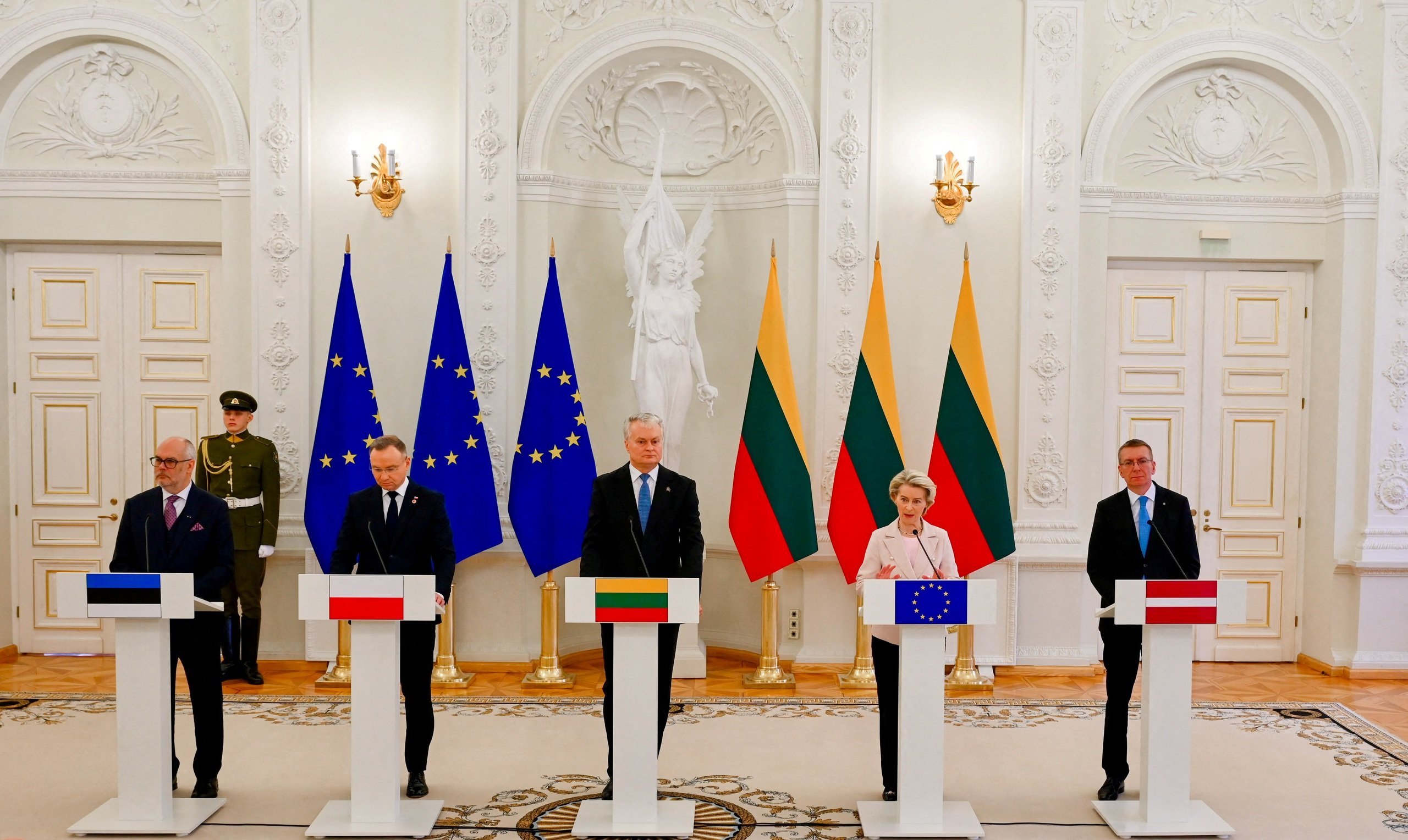
Estonian President Alar Karis, Polish President Andrzej Duda, Lithuanian President Gitanas Nauseda, European Commission President Ursula von der Leyen and Latvian President Edgars Rinkevics (from left) meet in Vilnius (Lithuania) on February 9, 2025.
Speaking at a ceremony in Vilnius, Lithuania, with Baltic and Polish leaders on February 9, European Commission President Ursula von der Leyen hailed the move, which had been planned for years, as marking a new era of freedom for the region. She said the continent was becoming self-sufficient and gradually weaning itself off Russian natural gas.
All three Baltic states have disconnected their power systems from the Russian grid since February 8. Reuters said the plan is designed to tie the Baltic states more closely to the EU and boost the region's energy security.
Estonia's prime minister has called the transition akin to joining the Schengen area. The three Baltic states stopped buying Russian gas and electricity after Moscow launched a special military operation in Kyiv in 2022.
However, these countries still rely on Russian grid infrastructure to control frequency and stabilize the network to avoid blackouts. The three countries have spent nearly €1.6 billion since 2018, mostly from EU funds, to upgrade their grids in preparation for the transition.
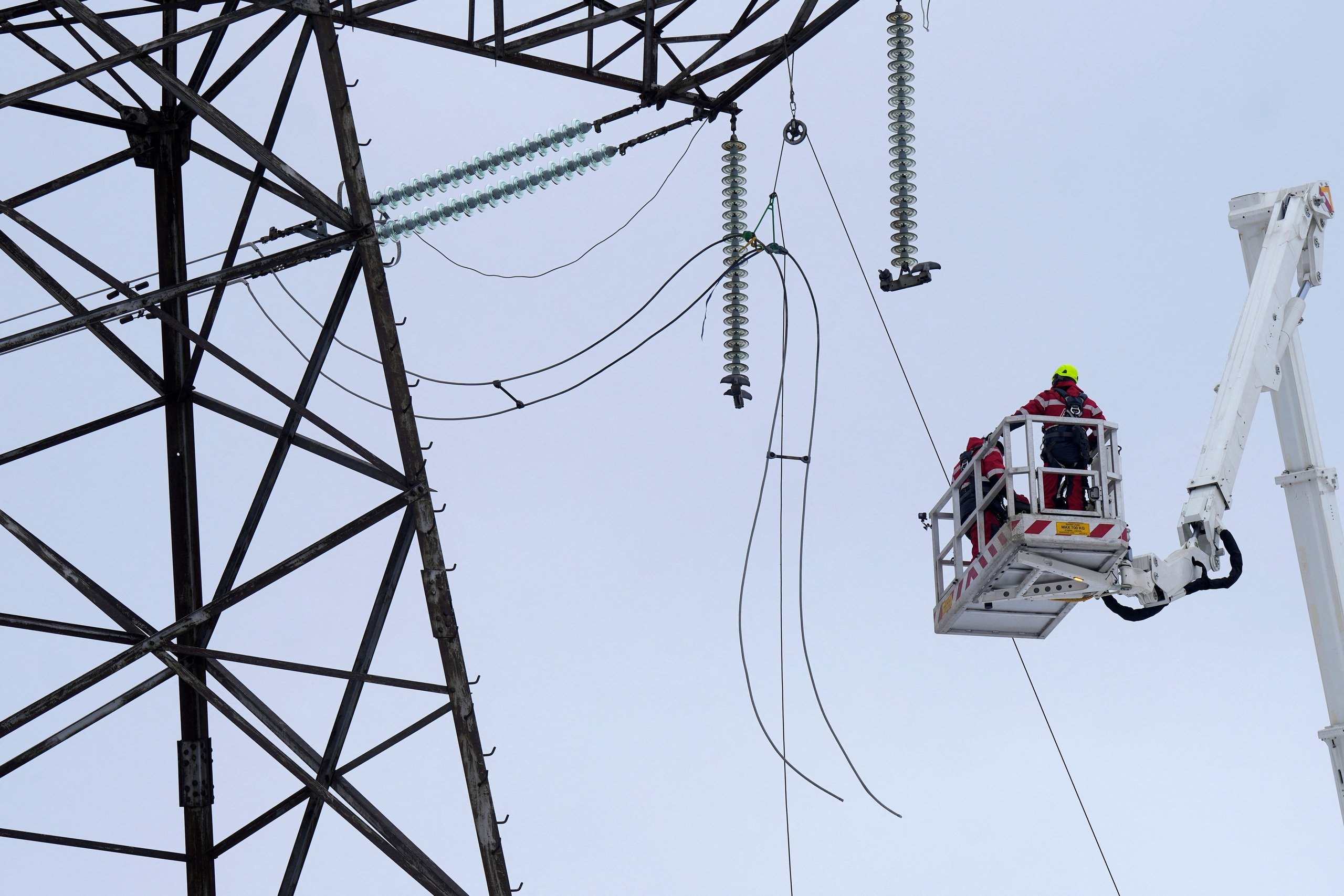
Latvian workers dismantle power lines connecting to Russia near Vilaka, Latvia on February 8, 2025.
In addition, the Baltic Sea region is currently on high alert after power, telecommunications and gas pipeline outages around the Baltic states, Sweden and Finland, all believed to have been caused by tugboats anchored along the seabed.
Poland and the Baltic states have deployed naval forces, elite police units and helicopters to monitor the region after an underground power line from Finland to Estonia was damaged in December 2024. Meanwhile, Lithuanian troops have begun exercises to protect land power lines to Poland. Analysts say any damage to communications could push electricity prices in the Baltic region to historic highs.
For Russia, the Baltic states' formal connection to the European grid means that the Kaliningrad enclave - located between Lithuania, Poland and the Baltic Sea - will be cut off from the main Russian grid, leaving the country to maintain its own electricity system. The Kremlin says it has taken all necessary measures to ensure the continuity and reliability of the power system, including the construction of several gas-fired power plants in Kaliningrad.
Source: https://thanhnien.vn/ngat-khoi-nga-3-nuoc-baltic-chinh-thuc-ket-noi-vao-luoi-dien-eu-185250210071302296.htm







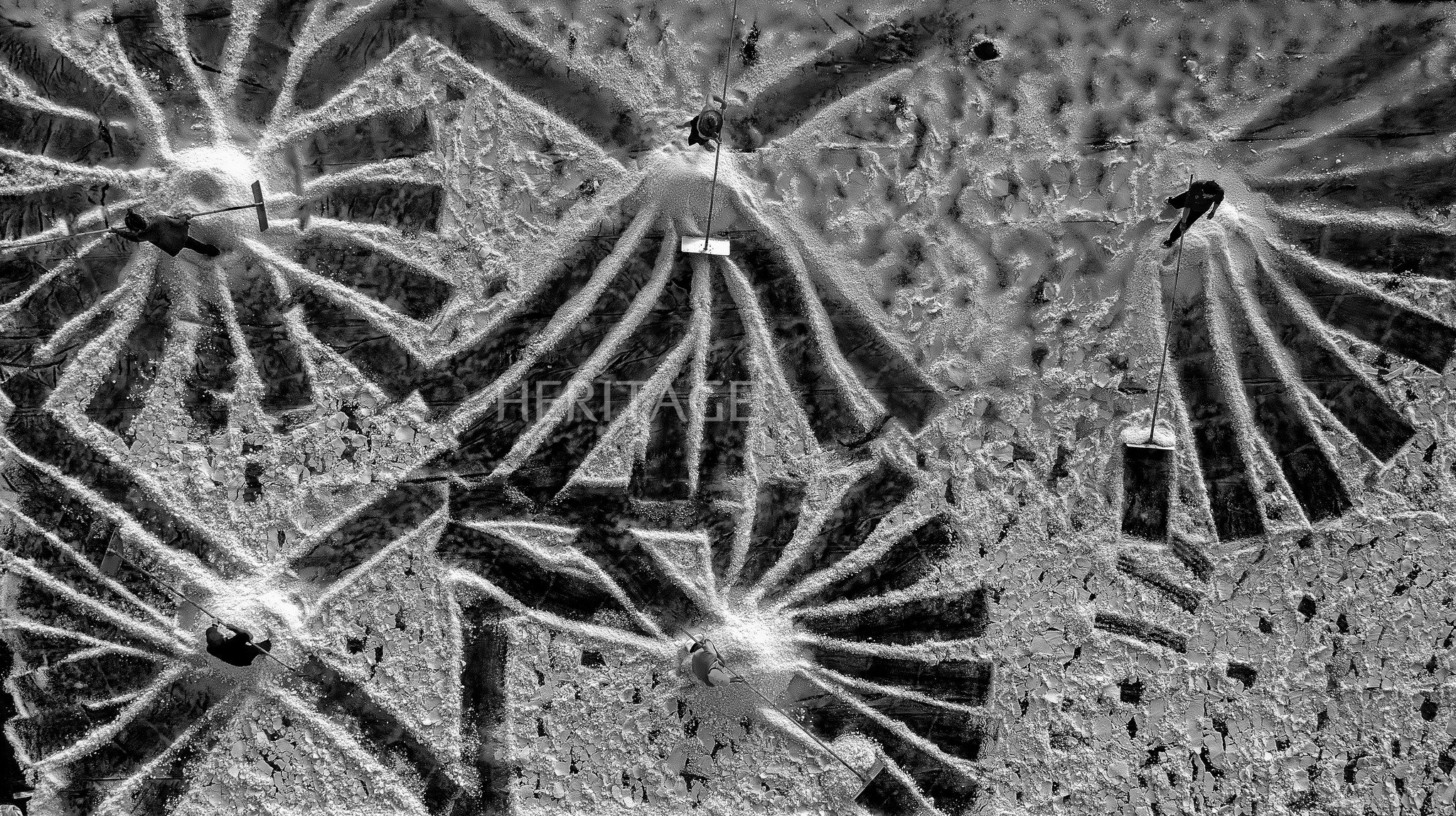
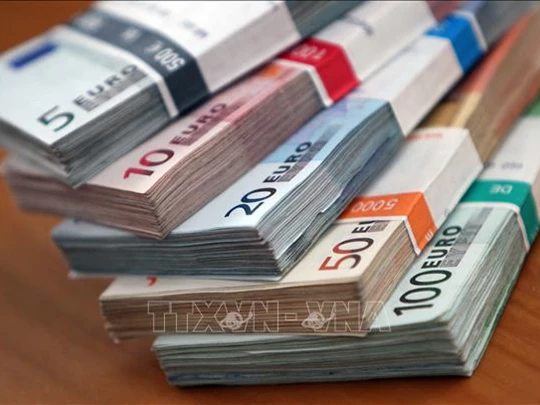

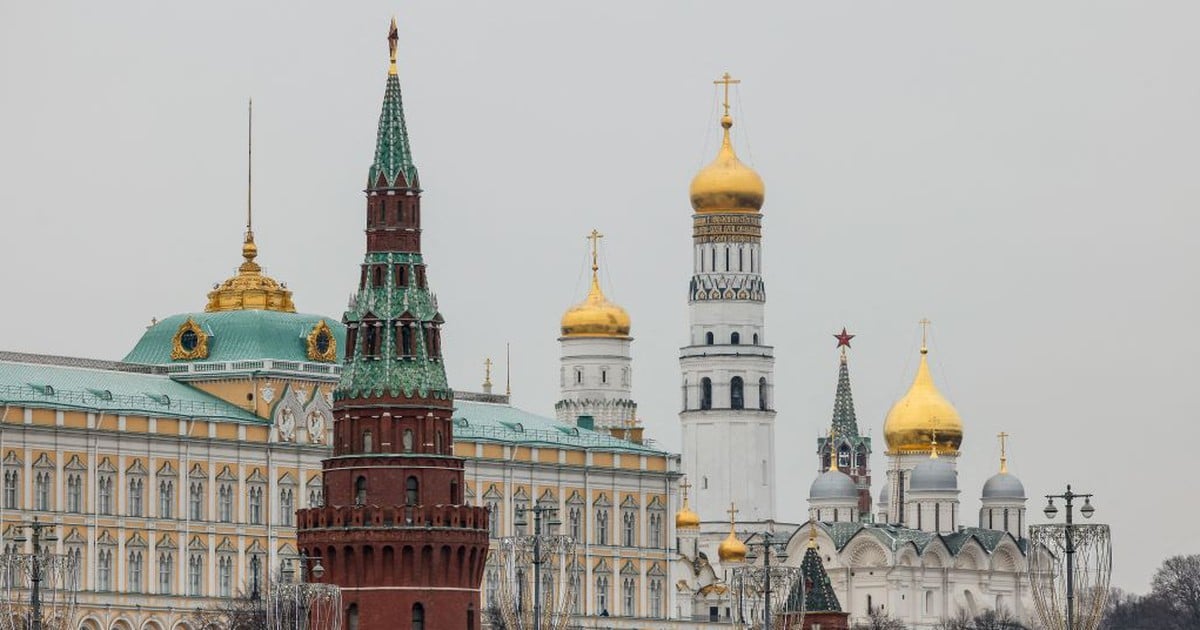
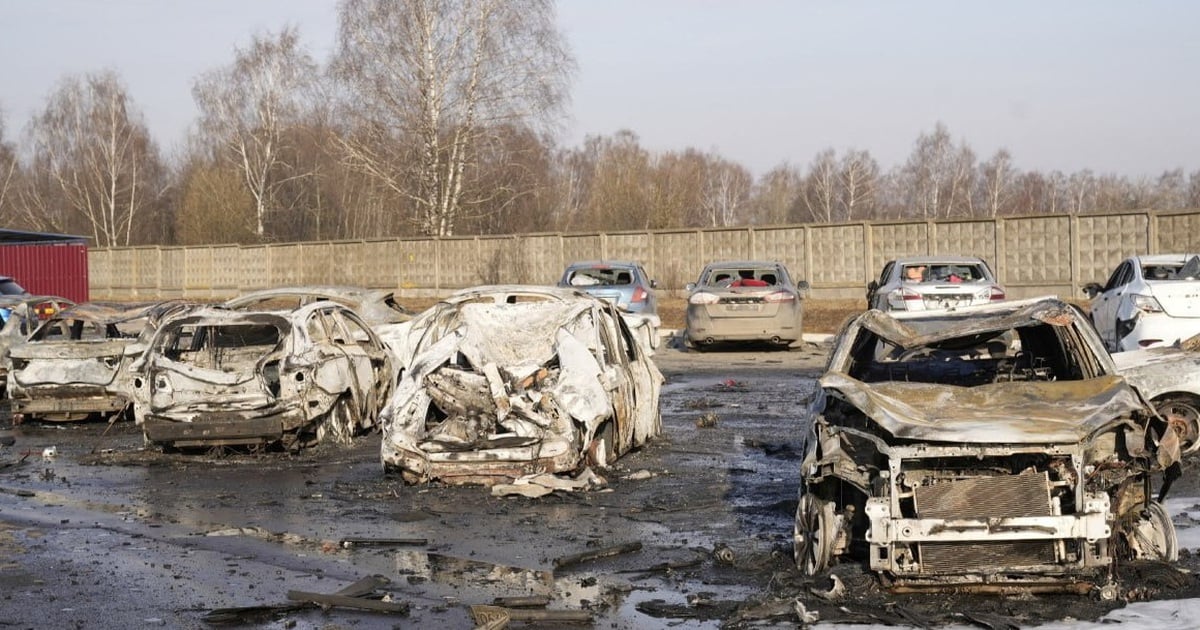


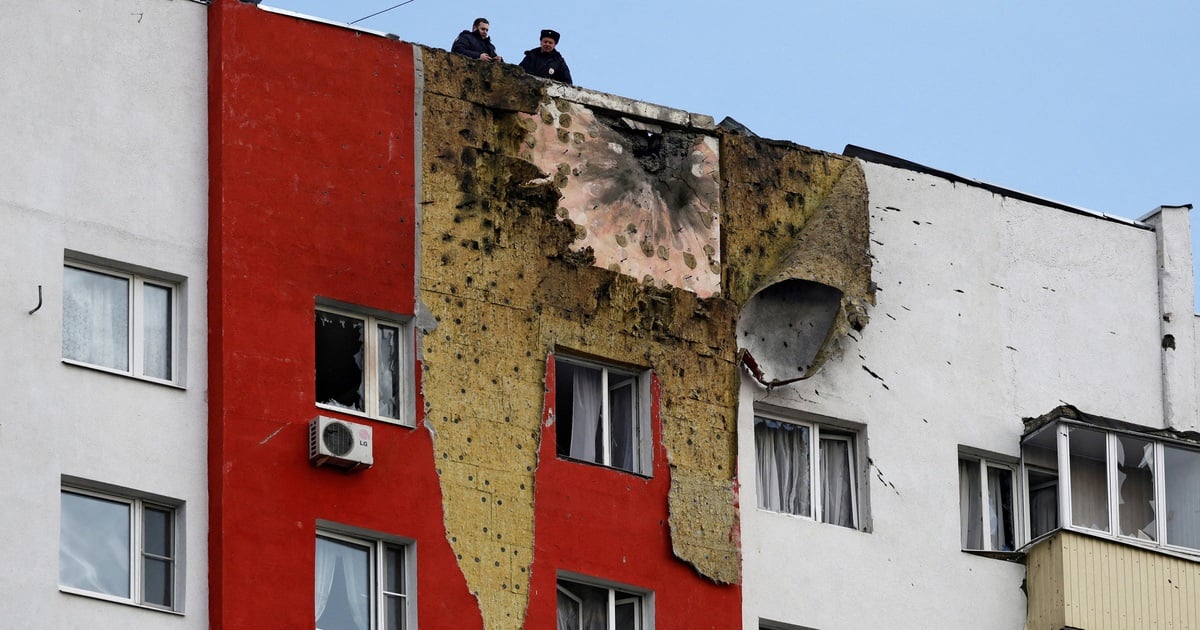
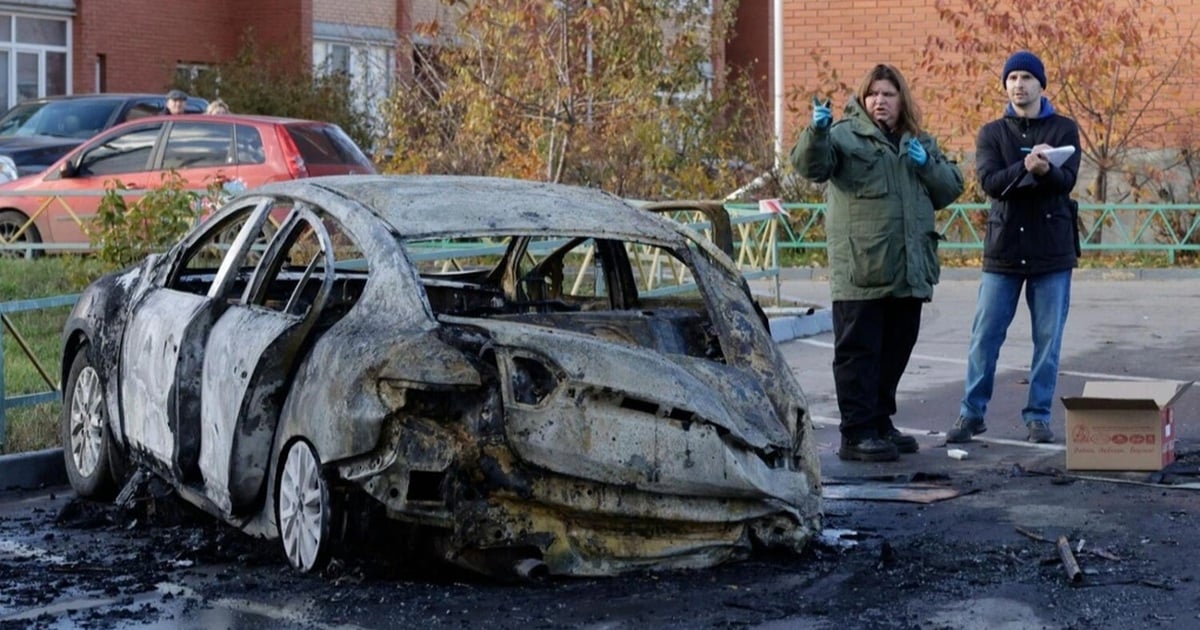

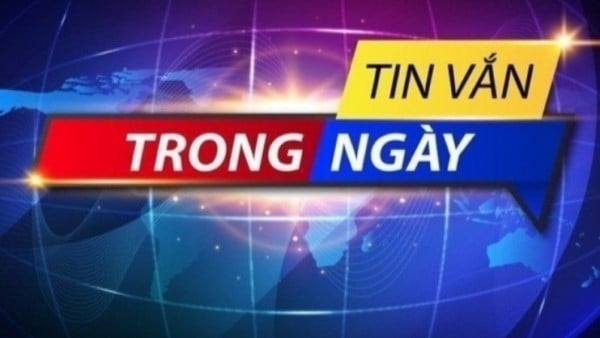

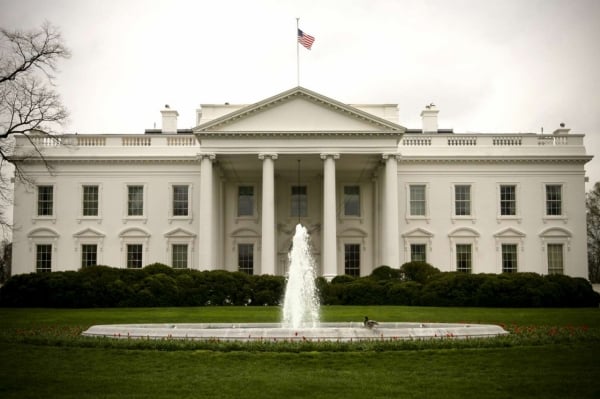

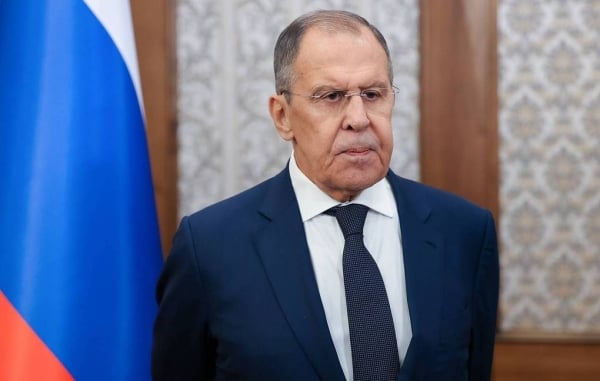

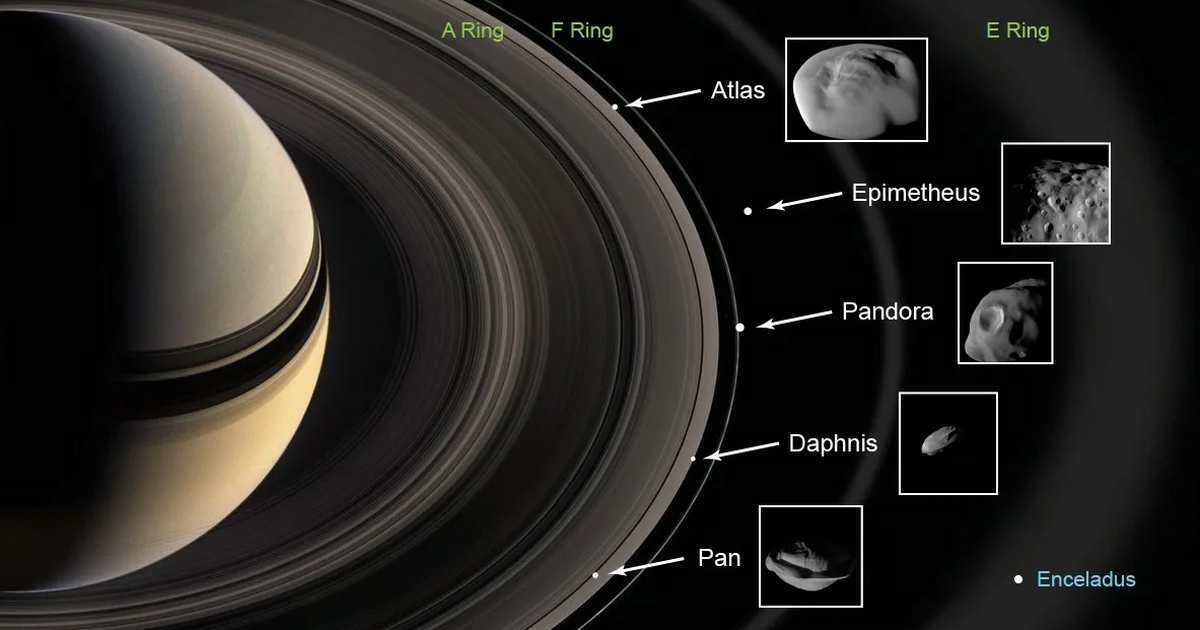







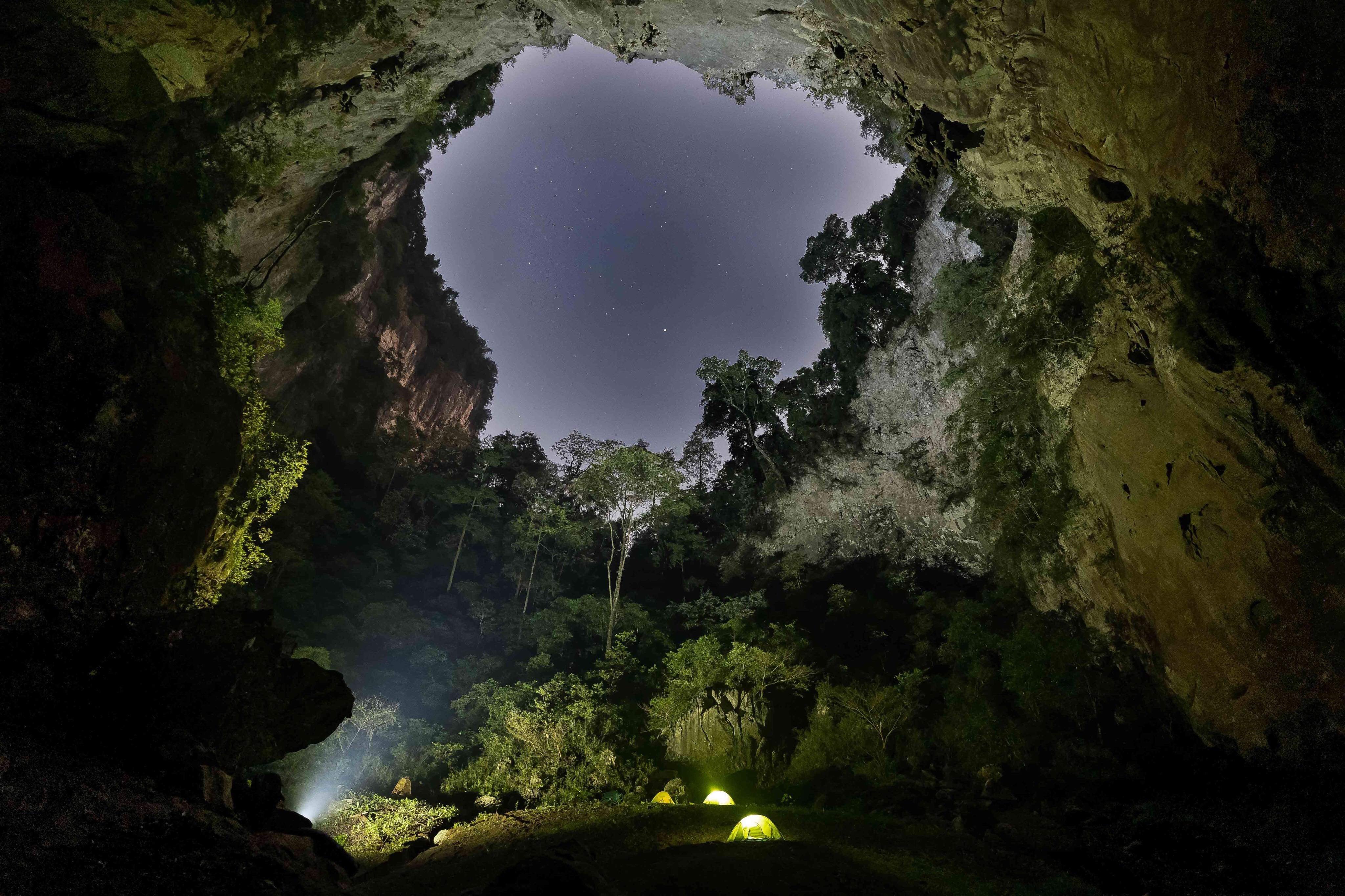

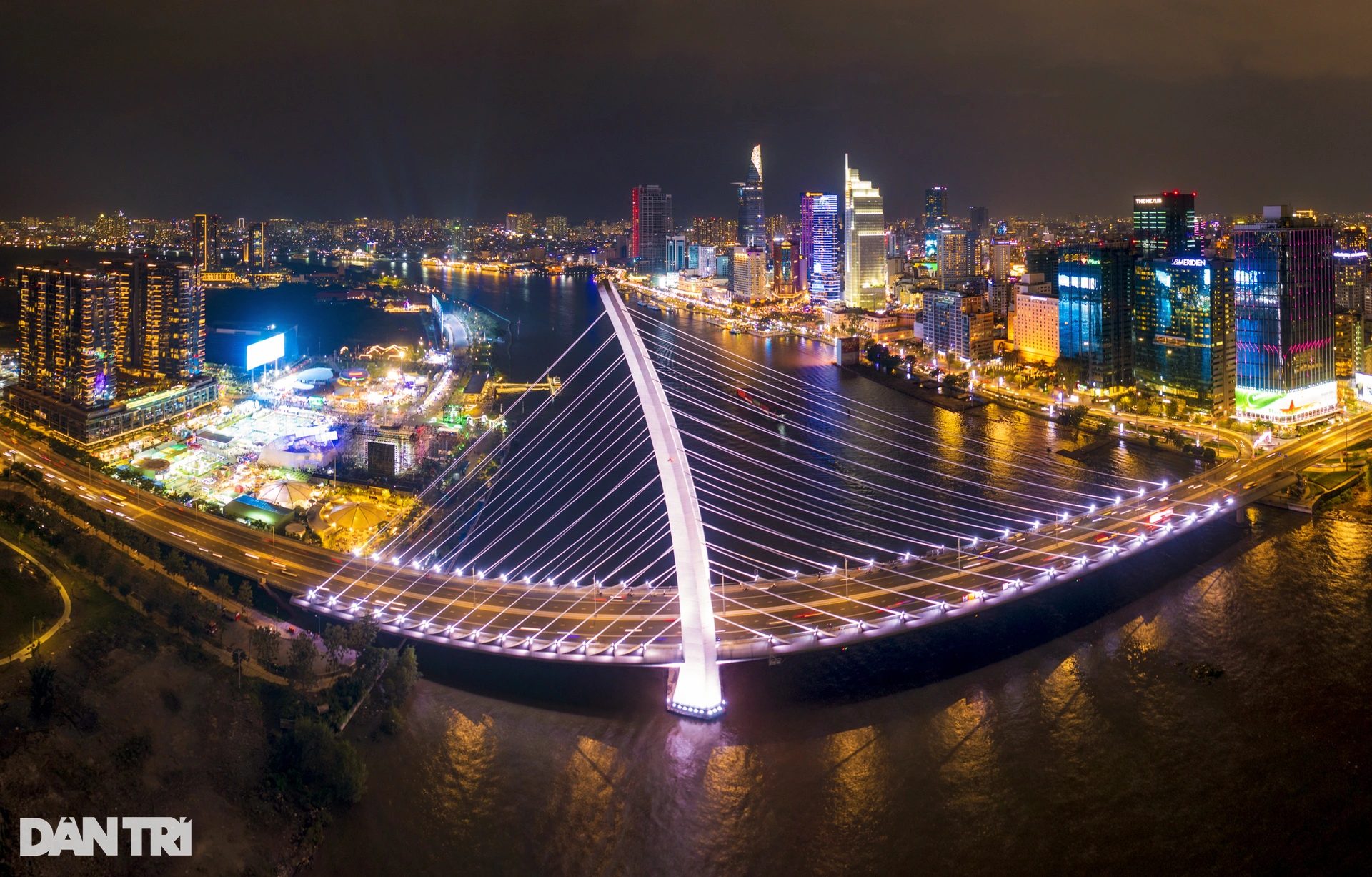






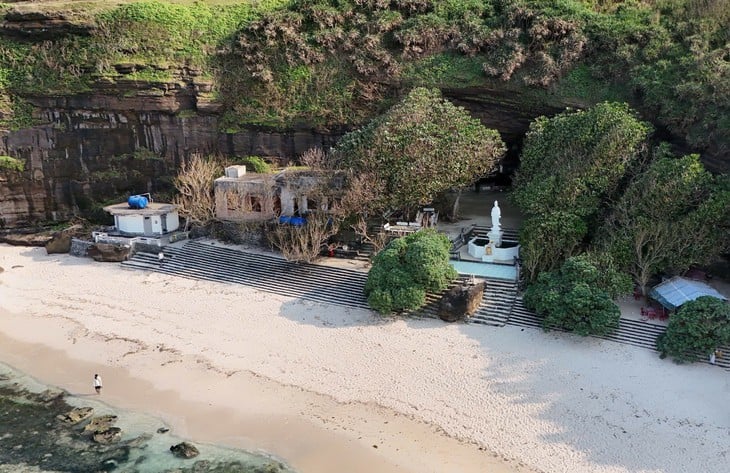






















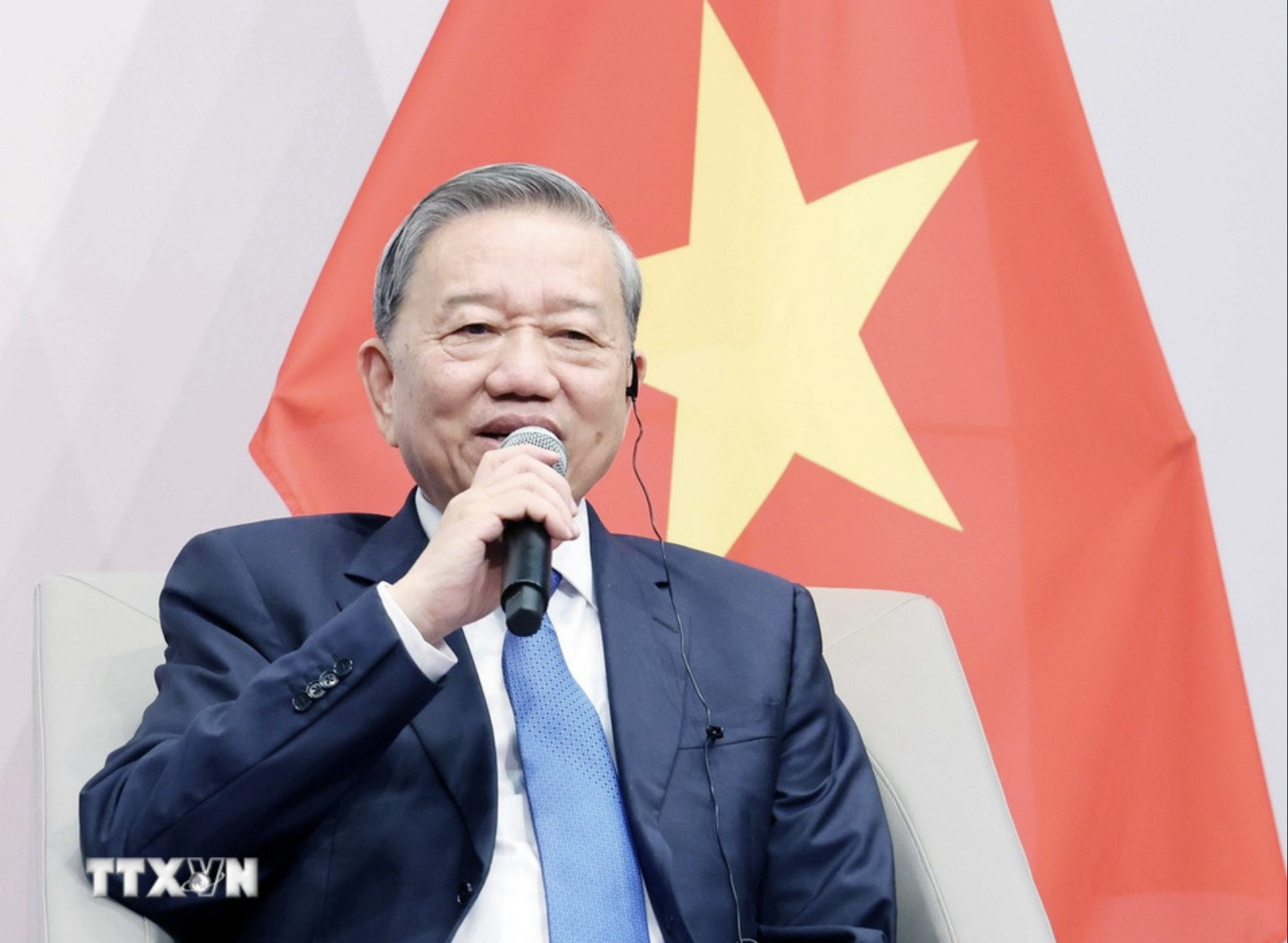

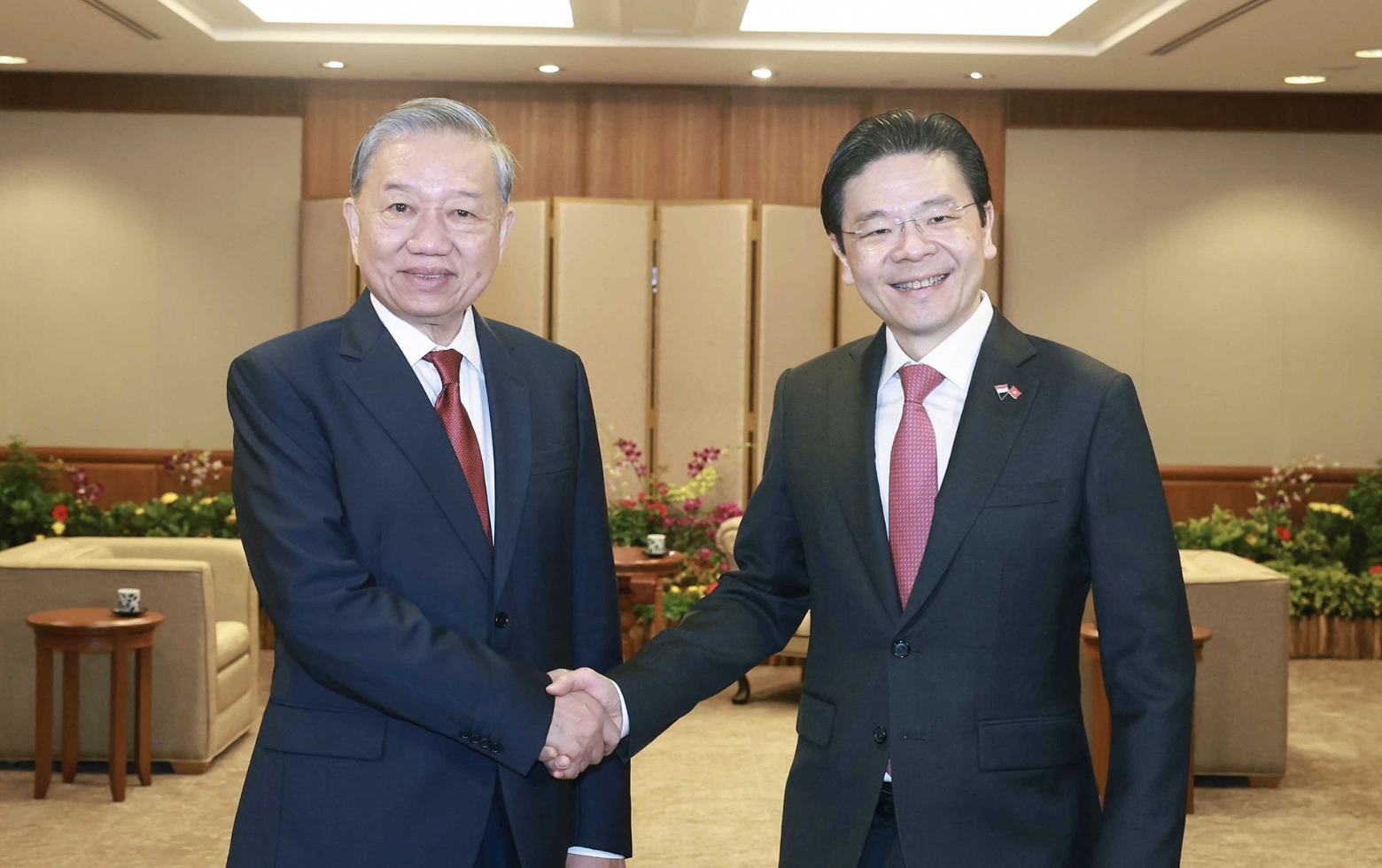






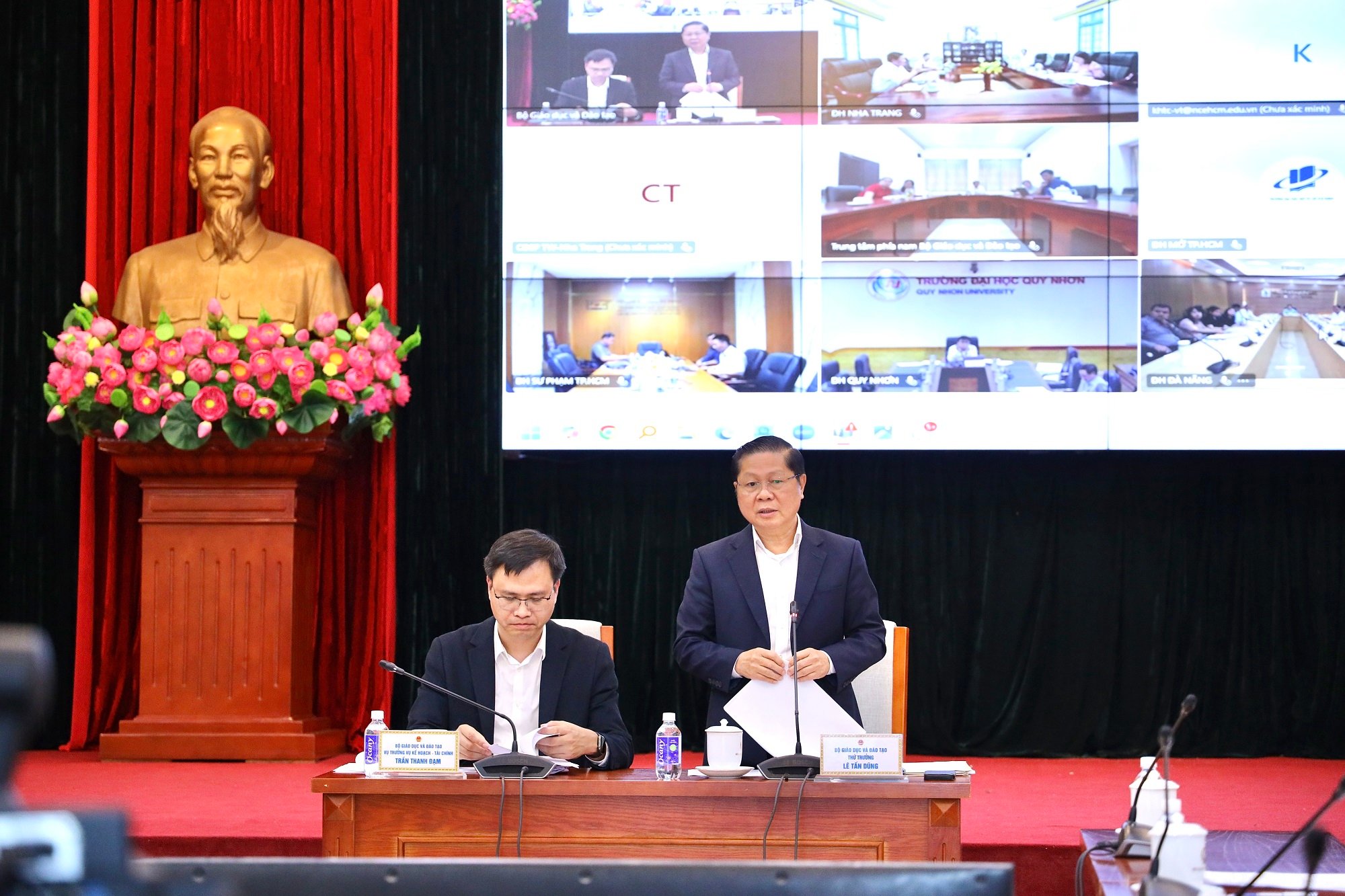


















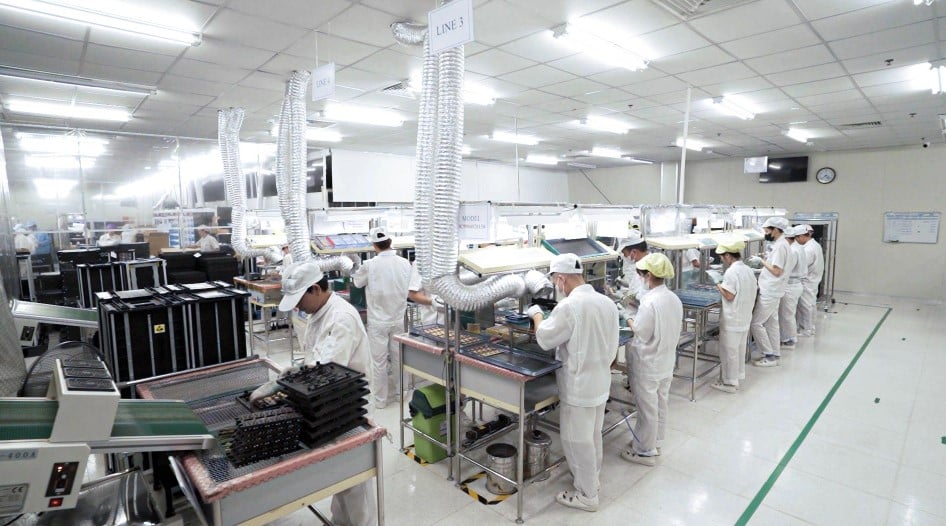
Comment (0)